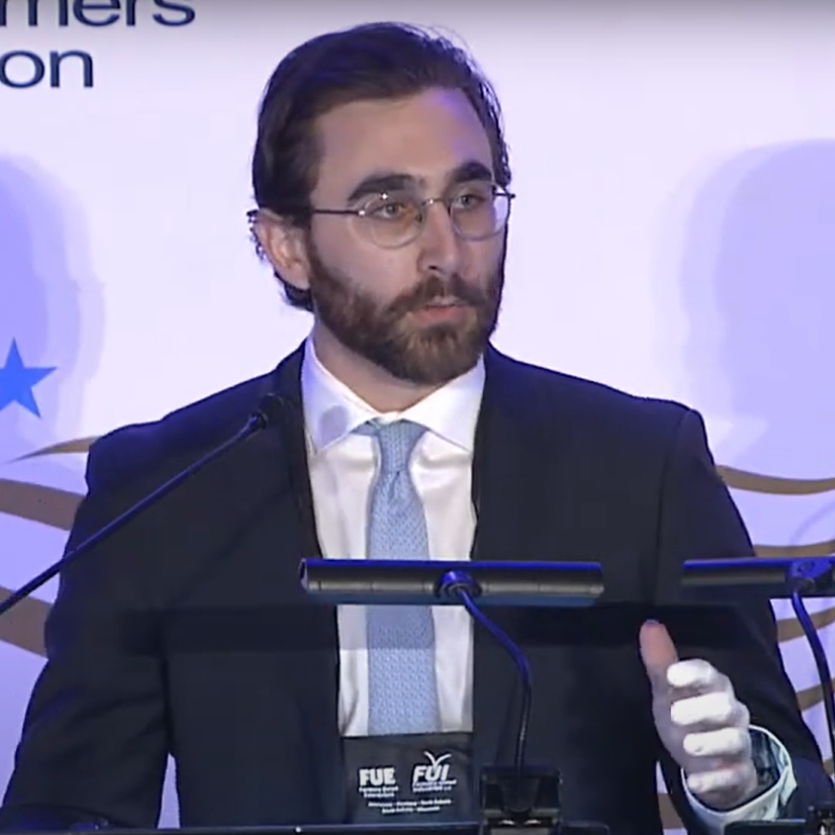Right to Repair laws, which make it easier for consumers to fix their own stuff, are broadly popular with the public. So when companies lobby against it, it can upset their customers. CompTIA, a leading provider of certifications for repair and IT technicians, found this out the hard way.
As Right to Repair aims to expand opportunities for repair technicians, you might expect that CompTIA would support the campaign. After all, 96 percent of hiring managers in the IT repair field use their A+ certificate as recruitment criteria. With this huge portion of the technicians CompTIA certified, they have built a very visible presence among repair technicians.
Instead, CompTIA was one of the leading groups advocating against Right to Repair reforms. In doing so, they opposed the idea that manufacturers should provide access to the parts and service information needed to repair modern gadgets, a policy that would help many of their members.
But this week, CompTIA changed their tune.
Louis Rossmann, a repair shop owner and Right to Repair advocate, has built a significant YouTube following that includes many CompTIA members. His recent coverage of Right to Repair hearings increased scrutiny on the trade organization’s lobbying efforts, and holders of the A+ certification started speaking out. They took to Twitter with confusion and outrage, and were among the more than 3,000 individuals to sign Rossmann’s petition rebuking the trade group’s lobbying practices.
CompTIA quickly took notice. Right to Repair advocates used the public outcry to convince CompTIA to stop lobbying on the Right to Repair issue, telling Rossmann, “We’re stepping back from the debate going forward.”
The reason CompTIA was simultaneously representing repair technicians and lobbying against Right to Repair is potentially linked to the 2014 acquisition of the lobbying firm TechAmerica. At that time, CompTIA was primarily focused on its education and certification business, but had little influence on public policy. They acquired TechAmerica to amplify the “industry’s already powerful voice in Washington, D.C.”
Apple, one of the leading voices opposed to Right to Repair reforms, is reported to be a client of that lobbying work, and has lobbied alongside CompTIA in states including California.
CompTIA bowing out of the Right to Repair conversation is the latest demonstration of the broad and deep support for these reforms. With Right to Repair legislation in Massachusetts and Hawaii already clearing important hurdles, and the American Farm Bureau making the issue a legislative priority, the campaign has built significant momentum in the early days of 2020.
Getting in the way of that momentum, even when funded by a trillion dollar conglomerate, is risky, and industry is starting to buckle.
